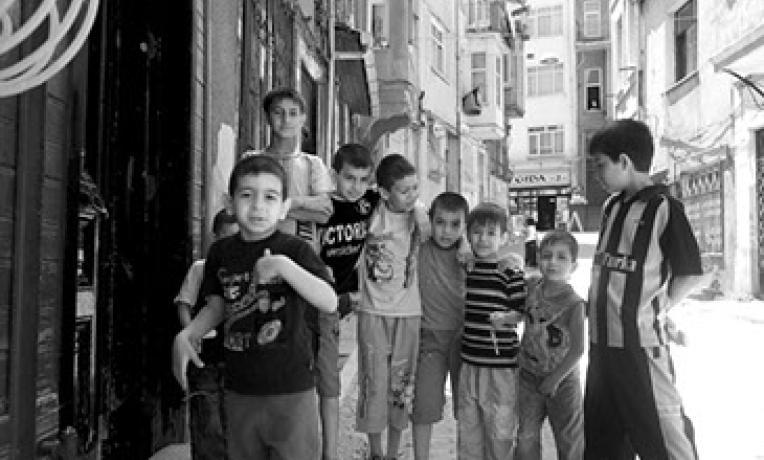Investigating new practices of citizenship
Recent years have seen the emergence of new forms of political engagement, from the Arab Spring to the Occupy Movements in different countries, from online campaigning to community organising. With the support of the ERC, Prof. Engin Isin has led research to explore how different traditions and practices of citizenship from throughout the world are changing the way we think of political participation and activity in Europe.

A new sense of citizenship
Historically, citizenship has been considered as an exclusive European concept and Europe has for long been seen as the birthplace of universal ideas, such as "democracy" and "rights". Yet, the notion of citizenship cannot longer be thought as attached to a nation-state as people across the globe are inventing new ways to claim their democratic rights as citizens. Who is a citizen? What is political participation, and who has the right to it? These questions are among the most discussed today throughout European societies. The integration of migrants and the emergence of regionalism on the one hand, and an increasing importance of supra-national entities like the European Union on the other, all in a context of globalization, are leading to profound changes in the way we perceive political communities.
Perspectives from outside Europe
To explore how the concept of citizenship is being refigured and renewed around the world Prof. Isin, a leading expert in politics of citizenship, decided to look at other traditions of political participation from outside Europe. With his interdisciplinary team, he studied practices from India, Japan, North Africa, Israel, and looked at ways migrants are claiming political rights and influencing legal norms in Europe. His goal: to open up new perspectives to understand the relationship between individuals, communities and political institutions: "Our empirical research shows how people across the globe have been inventing creative ways to claim their democratic rights as citizens. After the Oecumene project, it becomes difficult to suggest that democratic citizenship is an exclusive European value".
Thinking beyond imperial powers
"For centuries Europe has asserted its place as the centre of the world," says Prof. Isin, "now we are living the consequences of the decentering and provincializing of Europe and America as other regions become more powerful, and that requires us to change the categories we use to understand the social world".
The Oecumene project shows further evidence that Europe is no longer the centre of cultural, economic and social influence and therefore, ideologies based on Eurocentric and orientalist assumptions are being put aside. Racism, sexism, inequalities are the vestiges from a Europe with a history of imperial domination. For the ERC grantee, considering non-European political practices as non-citizenship expressions is part of this legacy. Europe stands today as a different project, with its focus on freedom and the respect of fundamental rights for all.
Acting outside the university
Working with people outside academia, such as activists, civil society's representatives but also artists, has been particularly important for the research team. For Prof. Isin, this collaboration was essential to explore the new ways citizenship is understood and acted out, as well as for the impact of the project, targeting not only specialists but also society at large.
"Oecumene was designed as a major collaborative project, requiring an effective research group with expertise in anthropology, sociology, politics, law, psychoanalysis and history. This would have been inconceivable without the ERC funding", adds Prof. Isin.
The Oecumente project has led to an important number of publications, events, debates, networking and dissemination activities.


